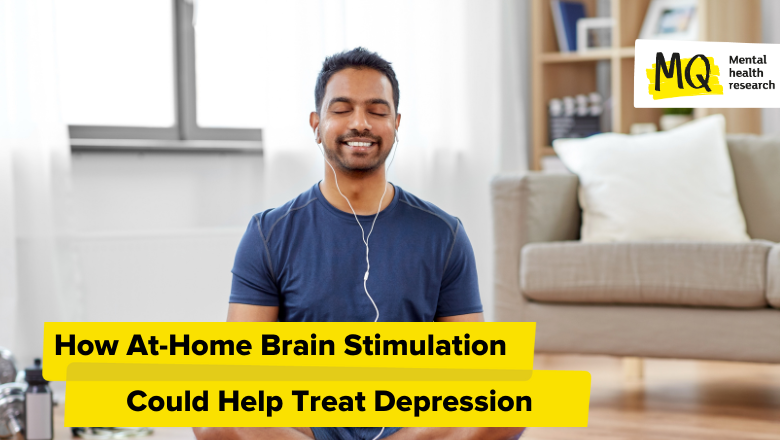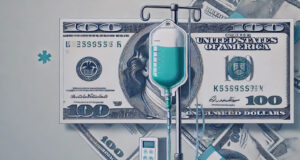
A new study published in Nature Medicine has found that transcranial direct current stimulation (tDCS), a device delivering a weak electrical current to the brain, is a safe and effective way to treat depression at home. The study, conducted by UTHealth Houston, King’s College London, and the University of East London, focused on self-administered, home-based tDCS as an alternative to traditional clinical treatments for mood disorders.
The clinical trial involved 174 adults with moderate to severe depression, randomly divided into an active treatment group and a placebo group. Over 10 weeks, participants in the active group showed significant improvement, with response and remission rates three times higher than those in the placebo group.
“The results from this study…may represent an important advance in the mood disorders field for improving feasibility and therapeutic response with this new neuromodulation modality,”
said Rodrigo Machado-Vieira from UTHealth Houston.
The research demonstrated tDCS as a potential first-line treatment, providing a non-medication alternative for those who struggle with the side effects of antidepressants. “Our study has demonstrated that tDCS is a potential first-line option that could help those in need,” said Cynthia Fu of King’s College London. The device was shown to achieve a remission rate of nearly 45% in the active group, compared to just over 21% in the control group.
Rachel Woodham, the study’s first author, emphasized the device’s promise as a practical alternative to medication and therapy, both of which can have drawbacks. “Our hope is that tDCS can provide a viable third alternative for people with moderate to severe depression to help them better manage their symptoms,” she said. Daniel Månsson, chief clinical officer of Flow Neuroscience, which funded the study, added,
“Our core mission was, and still is, to create a treatment that is effective, safe, and accessible to as many people as possible.”
The study results offer hope that home-based tDCS could soon be available as an innovative and accessible treatment option for those living with mood disorders. “The study results bring promise that an innovative treatment modality may become available for patients suffering from mood disorders some time in the near future,” said co-lead investigator Jair Soares of UTHealth Houston.




